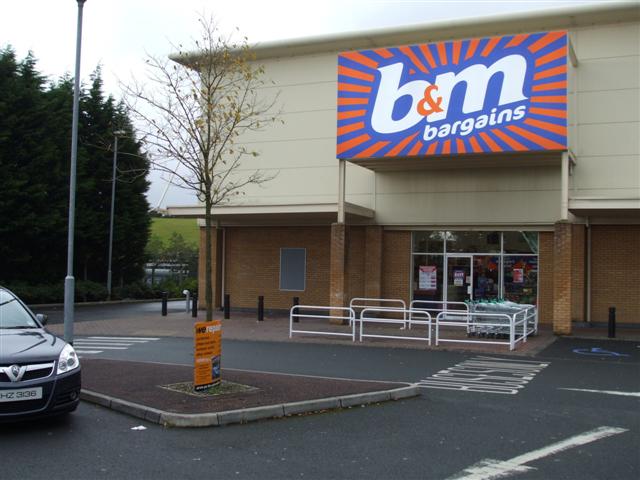 BBC News
BBC NewsBorrowing was £17.4bn last month, the second highest October figure since monthly records began in 1993.

Finito World
Poundland’s closure in Peckham seems to defy economic logic. In a cost-of-living crisis, budget stores should be booming — and yet, more than 100 Poundland stores have either shut or are marked for closure. The chain, sold earlier this year for just £1, is not alone. Other discount retailers like Maxideal have vanished altogether, while larger players like B&M Bargains are also rolling out turnaround plans. What’s going wrong?
The problem is not that shoppers have abandoned budget retail — if anything, our appetite for bargains is stronger than ever. But the market itself has changed radically. Consumers are sharper, more price-sensitive, and increasingly strategic. As retail analyst Catherine Shuttleworth puts it, today’s customers “are outsmarting the budget shops” — they know exactly what should cost what, and they’re not afraid to walk away when the maths doesn’t stack up.
At the same time, the discount sector is being squeezed from all sides. Costs are rising — particularly wages, rent, and logistics — and there’s little room for price increases when your whole model is based on ultra-low prices. Inflation has also eroded the value of the pound itself. Selling something for £1 in 1990 is now equivalent to selling it for 40p today — a basic fact that makes the original pound shop model increasingly untenable.
Then there’s the competition. Traditional discount retailers are no longer the only game in town. Online disruptors like Shein, Temu and AliExpress are undercutting UK prices by shipping direct from mega-factories in China. Amazon has entered the fray too, launching its own ultra-budget section. Meanwhile, TikTok Shop has become an unexpected competitor, allowing micro-sellers to reach mass audiences with minimal overheads — and often, lower prices.
In this environment, traditional budget retailers are facing an identity crisis. Poundland drifted away from its original pricing strategy in recent years, confusing customers and diluting its core value proposition. It’s now trying to course-correct with simplified pricing, store closures, and landlord negotiations. Other retailers, like OneBeyond (formerly OneBelow), have made peace with abandoning the £1 price point altogether — choosing viability over nostalgia.
All of this suggests that being “cheap” is no longer enough. You need clarity, agility, and differentiation. Chains like The Range, Home Bargains, and Savers continue to thrive by sticking to a clear model and investing in high-demand categories like homewares, cosmetics, and garden products. These businesses often operate from out-of-town locations, where they can hold more stock and serve car-owning families looking to buy in bulk.
But physical location still matters. For many consumers — particularly those without access to a car or the internet — local high-street budget stores are a lifeline, not a lifestyle. The loss of a Poundland store in a neighbourhood like Peckham doesn’t just inconvenience shoppers; it removes a vital resource for households who rely on low-cost essentials within walking distance.
There’s a deeper lesson here about the evolving nature of value — and the business models that serve it. Bargain hunting has gone global, digital, and social. The companies that survive will be those that adapt quickly, keep costs lean, and never lose sight of what their customers truly value: not just low prices, but convenience, clarity, and trust.
In a hyper-competitive environment where the cheapest price can be found on a phone screen, traditional budget retailers must decide whether to double down on their roots — or reinvent entirely. The middle ground is where businesses go to disappear.